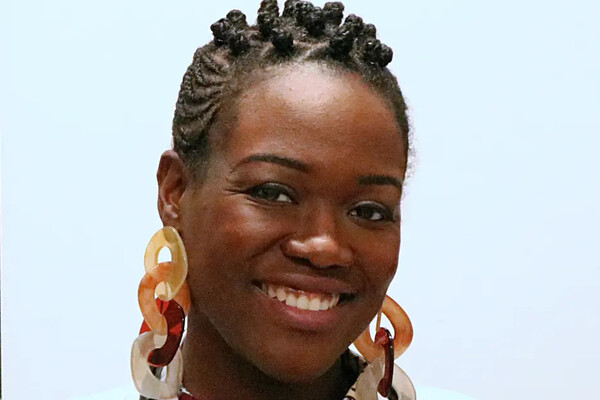Mobile Menu
- Education
- Research
-
Students
- High School Outreach
- Undergraduate & Beyond: Community of Support
- Current Students
- Faculty & Staff
- Alumni
- News & Events
- Giving
- About
Dr. Edward Kucharski
And with the advent of Viagra, hook-up apps, and pre-exposure prophylaxis (PrEP) for HIV, more and more people are feeling empowered to explore and experiment. In health care, though, we are still not particularly good at talking about sex.
To be sure, it can be a tricky conversation to have. We can risk making patients feel judged or humiliated. Or we might feel uneasy about not understanding every emerging sexuality or sex identity.
But we’re doing patients a disservice if we avoid the topic. Here are some things I keep in mind when talking with patients about sex:
#1: Never assume a patient isn’t (or is) sexually active
Your 85-year-old patient or someone with a disability might well be sexually active or planning to be. By not asking about sex, you could be missing important screening opportunities for sexually transmitted infections. Or simply failing to see the patient as a whole person by not acknowledging this important part of their life.
In fact, for many people, being asked whether they want to be screened for STIs can be very affirming — making them feel recognized and accepted as sexual beings. So I always find a way to ask whether patients are sexually active, just to ensure I’m giving them appropriate care.
The Centers for Disease Control and Prevention advocates using five “P”s for taking a sexual history: partners, practices, protection from STIs, past history of STIs and prevention of pregnancy. Some even add an additional “P” for “performance.”
#2: Ask open-ended questions around sexual orientation
We’ve come far from the days when we’d automatically ask a female patient about her “husband.” But we can sometimes still fall short when we ask, say, whether a patient is having sex with women or men or both. Or we fall into stigma territory when asking about the number of partners a patient has.
I understand the value of asking — to understand a patient’s level of risk and to know how often we should be screening for sexually transmitted infections. But so often, these questions can feel loaded with judgement.
I try to stick to more open-ended questions when it comes to sexual orientation — for example, “who are your sexual partners?” and “is there a risk of pregnancy for you and/or that partner?” I also preface the question about the number of sexual partners by saying that some patients have zero in a month (and sometimes never), and others over 50. That it’s all OK and just helpful information to know how best to care for them as patients.
#3: Be comfortable not knowing and be open to learning
Sex can very hard for both patients and providers to talk about. But it can have a significant impact on someone’s general health and quality of life, so we have to be the brave ones to bring it up, or to allow space for it in our conversations.
I have to admit that being gay might not have afforded me privilege overall, but it does help me have open and non-judgemental conversations about sexuality with patients. It tends to make people feel more comfortable.
But ultimately, I think what’s most important is to approach these conversations with openness — never judgement — and being able to say you don’t know. When patients talk about sexual practices or preferences I haven’t heard of, I ask them to tell me about it so I can learn and better care for their health needs.
Just like when a patient might tell me about a rare genetic disease I’m not aware of, I just say I don’t know but invite them to explain. And I listen and open myself to learn – from both the patient, reading and/or other colleagues.
It’s the same thing with sex. We need to let ourselves be OK with some vulnerability in not knowing and open to learning from patients. And then just make sure our jaw doesn’t drop!
Dr. Edward Kucharski, PGME ’06 ’07, is a family physician in Toronto and a lecturer with the Department of Family and Community Medicine. He is currently working with colleague Dr. Amy Bourns on a revised LGBTQ health textbook.
Look out for the upcoming Sex Issue of UofTMed magazine, and don’t miss the lively UofTMed Inside the Issue panel discussion at Alumni Reunion 2:30-4pm on June 1st.

